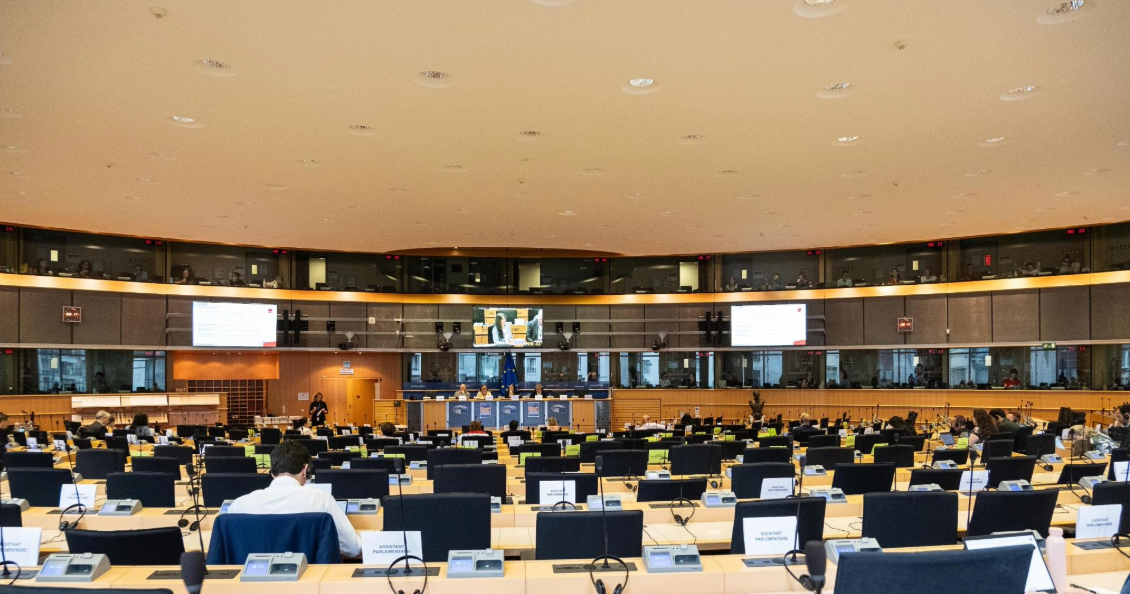UNI Global Union together with sister trade unions, professional associations representing talent and crew in film and TV production and international and regional producers’ associations are calling for urgent, specific and exceptional financial and social measures for the film and audiovisual sector to respond to the urgency of cash-flow shortage and to prepare for the reopening of society and creative, cultural and economic activities post-COVID-19.
With social distancing measures currently in place in most societies, the entertainment sector has sustained immediate and unprecedented impact: all shootings of films and TV programmes have been stopped while public access to cinemas was first limited and is now completely interrupted.
The global TV and film sectors account for about $540 billion of annual revenue. They employ several million people and contract with many freelancers and self-employed workers across all creative, technical and business activities. The on-screen diversity and innovation displayed by the film and TV production sector across the world results from a strong and inter-dependent network of creative, financial and business partnerships, including many SMEs. These are now on stand-by and/or rapidly disintegrating due to lack of cash-flow and revenues to sustain their activities during this period.
In a joint statement addressed to governments and funding bodies, the coalition of employers and workers recommend a set of immediate measures to support businesses and workers in their fight against the economic and social crisis that is unfolding amid the COVID-19 pandemic.
Matthew D. Loeb, International President of IATSE and chair of UNI’s media, entertainment sector, representing 170 national unions & guilds and more than 450,000 creators, technicians and other entertainment workers, said:
“The backbone of the sector are the people in front and behind camera. Most colleagues are employed on short-term contracts and do not have enough social benefits to fall back on during this crisis and may thus face a critical situation. What is needed now is urgent action by governments to help ensure the financial stability of workers in this global industry. UNI MEI member unions will continue to work with employers on emergency measures to support our members.”
UNI General Secretary, Christy Hoffman said:
“While their works continue to be available on our TV screens, tablets and mobile phones, our colleagues in the media and entertainment sector have no job opportunities during the crisis and cannot create and work on new projects. Cultural production will not automatically reset after the crisis if there is no important and sustained financial and structural aid granted by governments to all stakeholders across the industry. Workers, most of them freelancers, are the most vulnerable, the most threatened among all actors of the industry. The financial and social relief efforts must come quick and must first and foremost be directed at these workers.”


